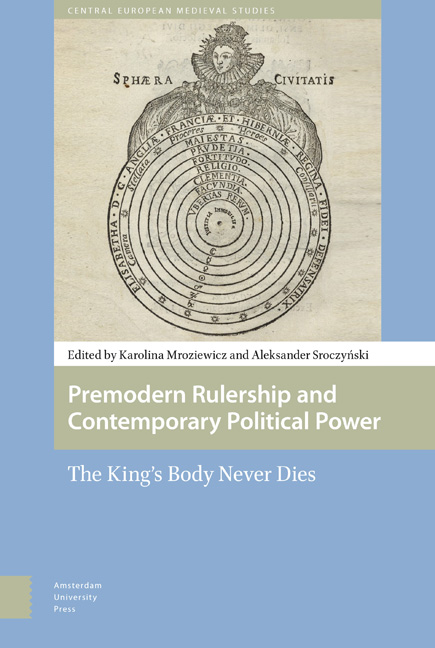We Were the Trojans: Rhetoric and Political Community in Medieval and Early Modern Sarmatia and Illyria
Published online by Cambridge University Press: 24 December 2020
Summary
There exists a fascinating link between the conflicting tendencies toward self-preservation and self-destruction in the state, a link which manifested itself politically and theologically during the Middle Ages and early modern period as visions of falling kingdoms and republics. In the present study, I wish to approach this phenomenon from a comparative perspective, focusing on the regions which early modern writers dubbed Sarmatia and Illyria (with some examples taken also from Pannonia) as well as current academic research regarding national philologies and histories undertaken respectively by departments of Old-Polish and Old-Croatian. From these two geographical areas similar ideologies emerged; not only can we observe the idea of antemurale christianitatis (the bulwark of Christendom) used to describe the ongoing confrontation with the non-Christian world, but also a tendency to include only the noblemen in political representation. These shared characteristics should not imply that the idea of the falling polity served the same function in both regions, but rather will highlight specific qualities of these different cultures. It would, of course, be difficult to address all instances in which these cultures evoked the real, fictional and professed ends of political bodies as part of the ideology of power; the present study will instead limit itself to selected instances in which Troy, the foremost of fallen cities and kingdoms, was used in Latin and Old-Polish texts between the Middle Ages and the sixteenth century.
The city of Troy, to borrow a phrase from Levi-Strauss, is something good to think with, and it was not uncommon for peoples of the past to consider themselves in relation to the Trojans. As Alan Shepard and Stephen D. Powell put it:
Such [Trojan] myths served to legitimate the identities, distinctiveness, and gloriousness of various individuals and groups. But the myths also brought with them their own warning. By linking their pasts to Troy, medieval and early modern Europeans were surely also questioning their own futures. Bluntly, if Troy could fall, so too could they.
If the story of the falling city could help to establish, consolidate and preserve a polity, the ability to create such narratives was an important asset of a community.
- Type
- Chapter
- Information
- Premodern Rulership and Contemporary Political PowerThe King's Body Never Dies, pp. 169 - 192Publisher: Amsterdam University PressPrint publication year: 2017



